
As the movie “Brian’s Song” powerfully depicted, the friendship between Gale Sayers and Brian Piccolo deepened into one of the best relationships in the history of sports. Friendships between professional black and white athletes, during that time, were few and far between, so theirs was unique.
Then, during the 1969 season, Piccolo was cut down with cancer. He fought to play the season out but ended up in the hospital more than in the games. Gale Sayers flew to be by his side as often as possible.
They had planned, with their wives, to sit together at the Professional Football Writers annual dinner in New York where Sayers was to receive the George S. Halas Award as the most courageous player in pro football. But instead, Pick was confined to his bed at home. As Sayers stood to receive the award, tears sprang to his eyes. Normally a man of few words, Sayers had this to say as he took the trophy:
“You flatter me by giving me this award, but I tell you here and now that I accept it for Brian Piccolo. Brian Piccolo is the man of courage who should receive the George S. Halas Award. I love Brian Piccolo and I’d like you to love him. Tonight, when you hit your knees, please ask God to love him too.”
“I love Brian Piccolo” was unusual for a tough, talented black male athlete to say about a white male athlete. These men knew the secret of becoming best friends.
More than 1,000 years before Christ, two other men also knew the secret. Would you please take a few moments to read 1 Samuel 18:1-9?
True love produces commitment (1 Samuel 18:1-3).
 The foundation for the closest of relationships is commitment. We live in a culture that tends to ignore or even despise this virtue—this glue—that bonds people, families, churches and nations together. Jonathan made a pledge that day to stick with David—through thick and thin. Over time, he proved to be true to his word. Jonathan and his father Saul were a study in contrasts. Jonathan pledged to love David as himself, while Saul simply used David for his benefit.
The foundation for the closest of relationships is commitment. We live in a culture that tends to ignore or even despise this virtue—this glue—that bonds people, families, churches and nations together. Jonathan made a pledge that day to stick with David—through thick and thin. Over time, he proved to be true to his word. Jonathan and his father Saul were a study in contrasts. Jonathan pledged to love David as himself, while Saul simply used David for his benefit.
How are your commitments? Are you friends with people for what you can do for them, or for what you can get out of them?
True love produces disarmament (1 Samuel 18:4).
 The covenant between Jonathan and David was sealed by outward signs of an inward reality. It was considered a special mark of respect when the prince presented a piece of his clothing to someone.
The covenant between Jonathan and David was sealed by outward signs of an inward reality. It was considered a special mark of respect when the prince presented a piece of his clothing to someone.
Jonathan gave David his outer and inner garments as well as his sword, bow and belt. The gift of a girdle or belt was a token of the greatest confidence and affection—and highly prized. Jonathan, the prince, and apparent heir to the throne, was bestowing such an honour upon David—the shepherd-warrior.
Jonathan made himself totally vulnerable before David. He surrendered all his personal items to his best friend. He cast aside all the opportunities he had to impress David.
Your relationships are as deep as your level of trust. How open are you with those you love?
True love produces empowerment (1 Samuel 18:5-9).

Some of the women sang while others echoed, “Saul has slain his thousand and David his tens of thousands.” They represented the jubilation arising from the Jewish nation when David finished off Goliath.
Here, Saul’s insecurity gives birth to jealousy. From this day forward, he kept a resentful eye on this young upstart David. He even tried to take David’s life. Jonathan, on the other hand, rejoiced in David’s successes.
Timing is crucial in building strong relationships. Is someone in your life going through a hard time? Are you there for them? Has someone you know just accomplished something worth celebrating? Celebrate with them!
Jonathan had a lot to lose in his relationship with David. By birth, Jonathan was the heir to the throne. He knew that God wanted his best friend to become king one day. He was okay with that.
Our English word friend comes from the same root as the word freedom. A genuine friend sets you free to be yourself. Queen Victoria said of William Gladstone, “When I am with him, I feel I am with one of the most important leaders in the world.” But of Benjamin Disraeli she said, “He makes me feel as if I am one of the most important leaders of the world.”
Healthy people enjoy healthy relationships.
 Do you find there is competition in your relationships? Do you encourage those closest to you to be all they can be?
Do you find there is competition in your relationships? Do you encourage those closest to you to be all they can be?
“I love Brian Piccolo.” How often do we hear people say words such as these? How much more enriched our lives could be if we dared to declare our affection as Sayers did that night in New York!

Allan Pole
CESLM President
al@eslcooperative.ca

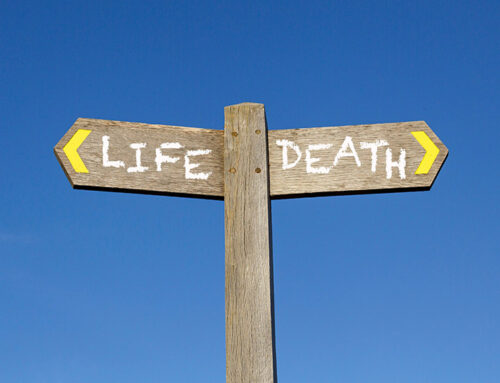
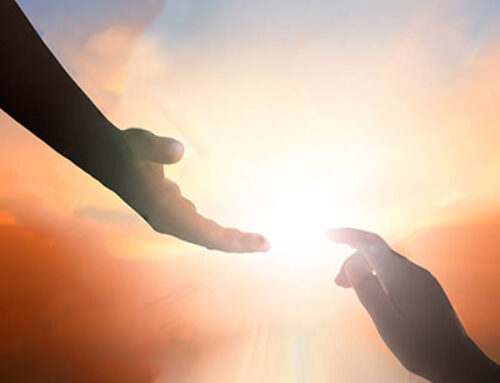
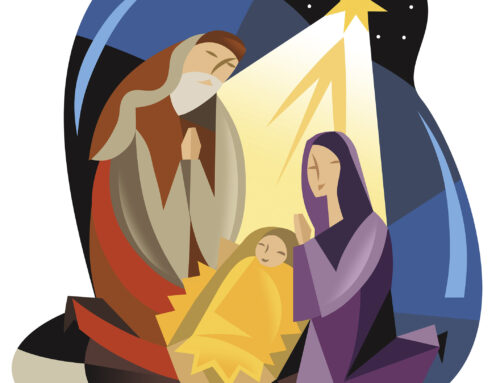








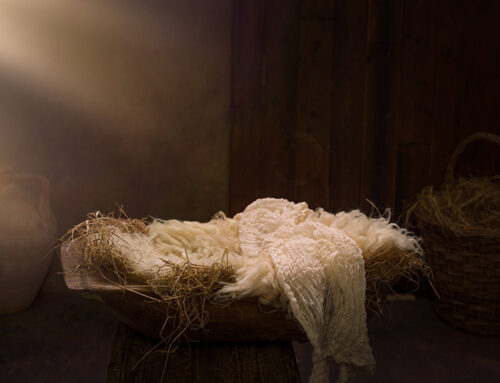

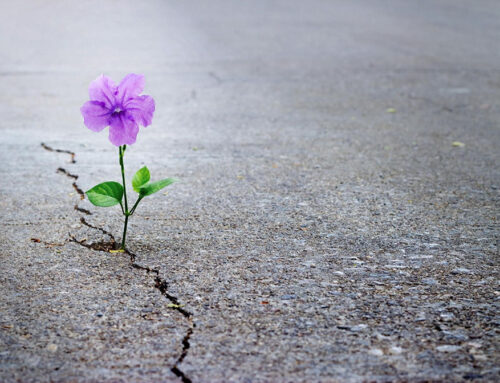


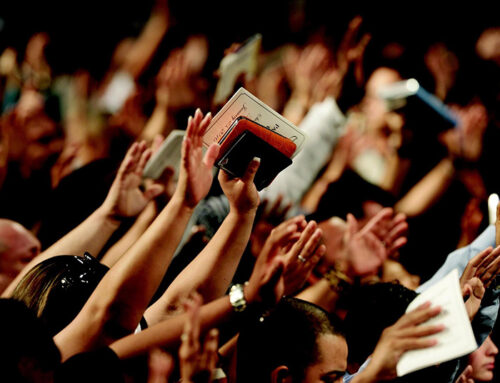


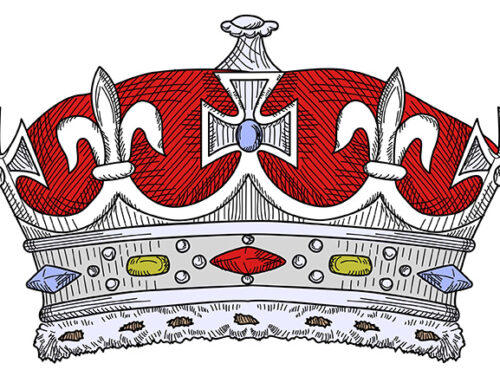



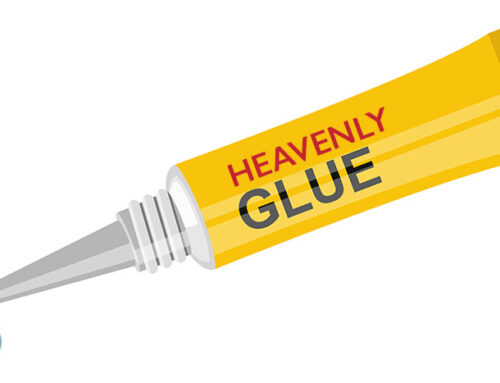


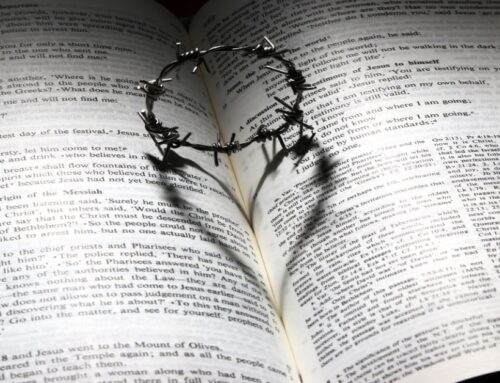
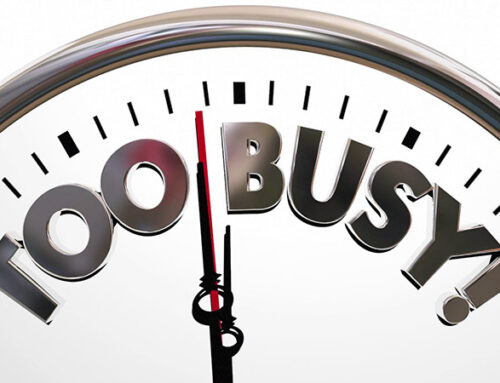
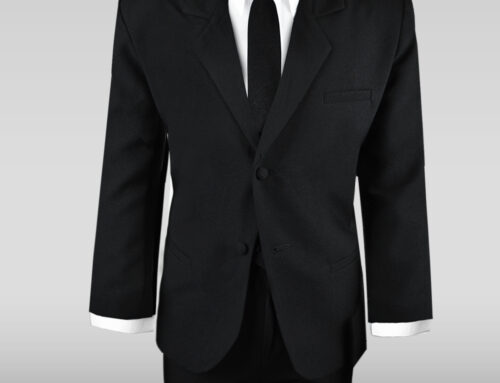
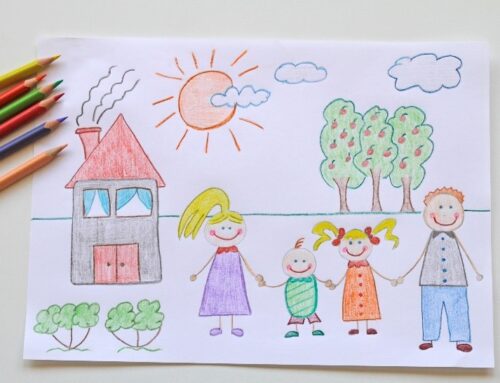
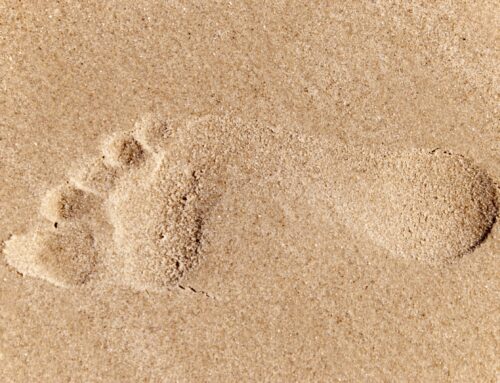

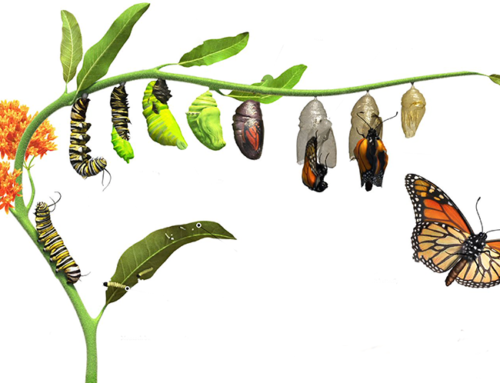
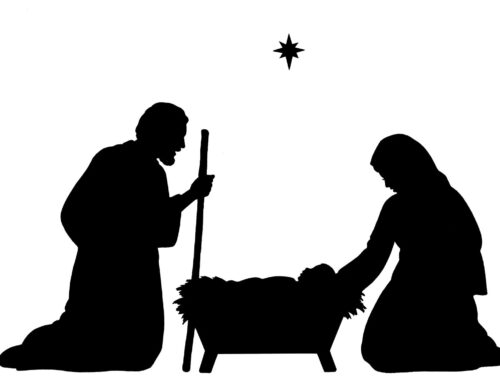



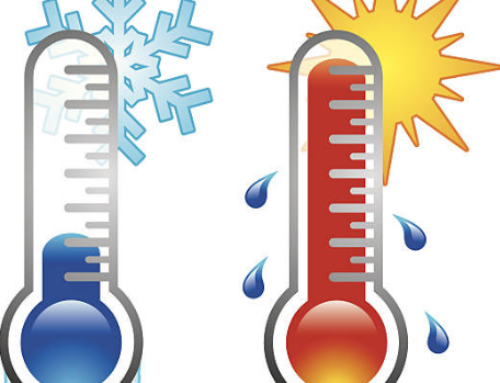

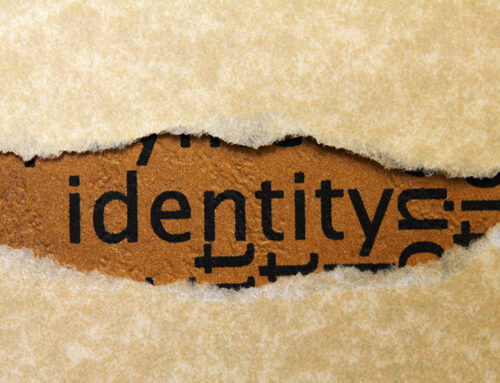

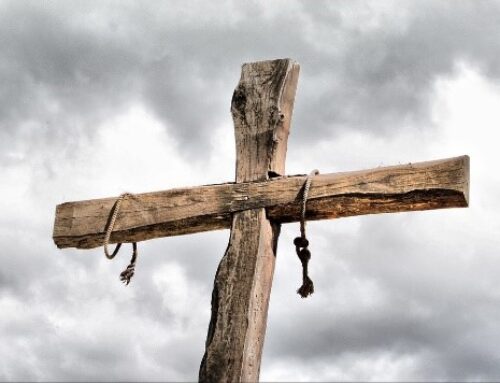
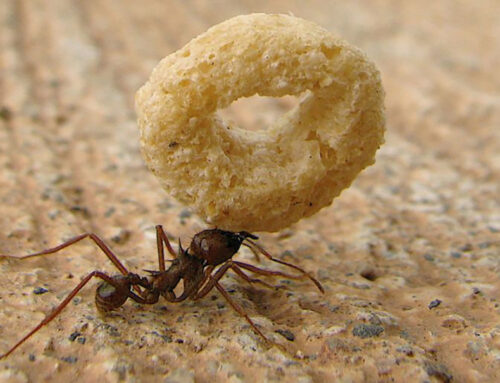
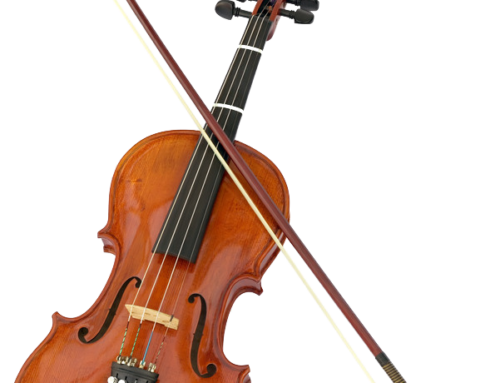





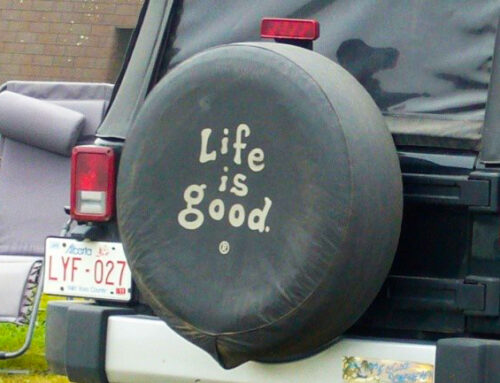

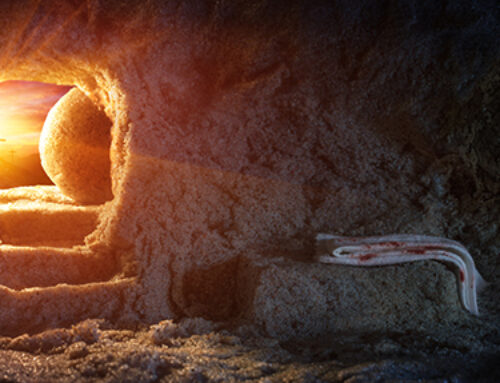

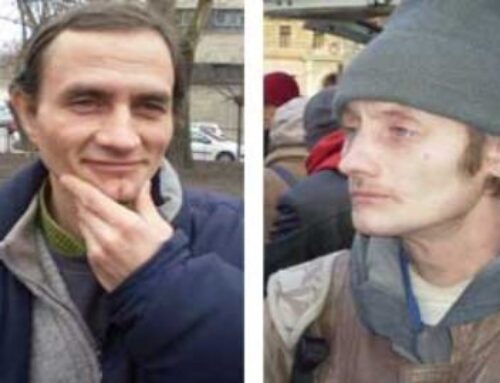

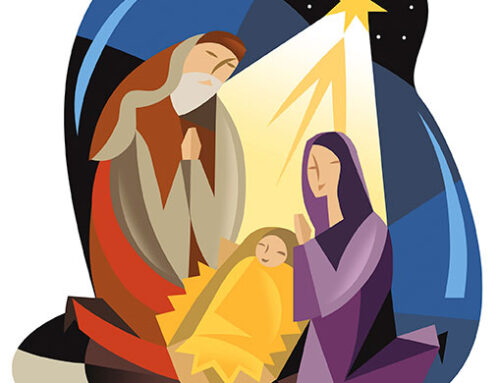

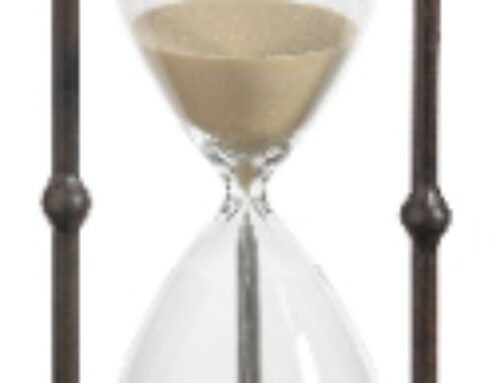
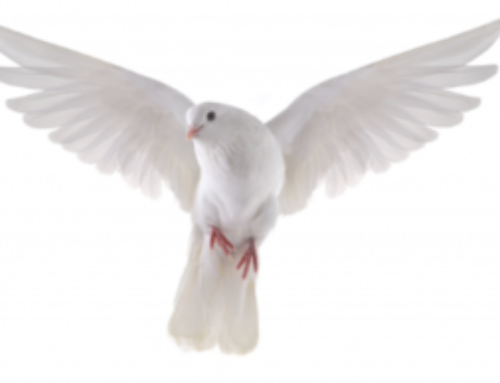
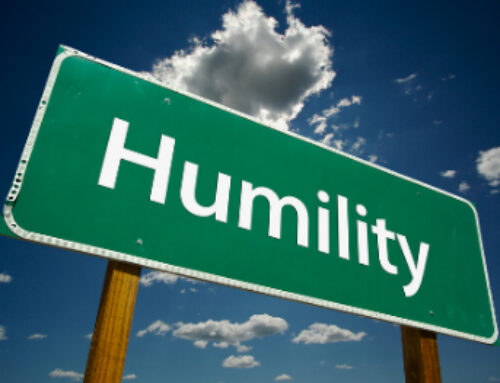

Thumb’s up! Abraham was called ‘a friend of God’ and I bet he had some good friendships too, but that doesn’t mean it isn’t lonely sometimes.
Good points, James. Even though He called His disciples friends I am sure that Jesus felt lonely on the night He was betrayed.